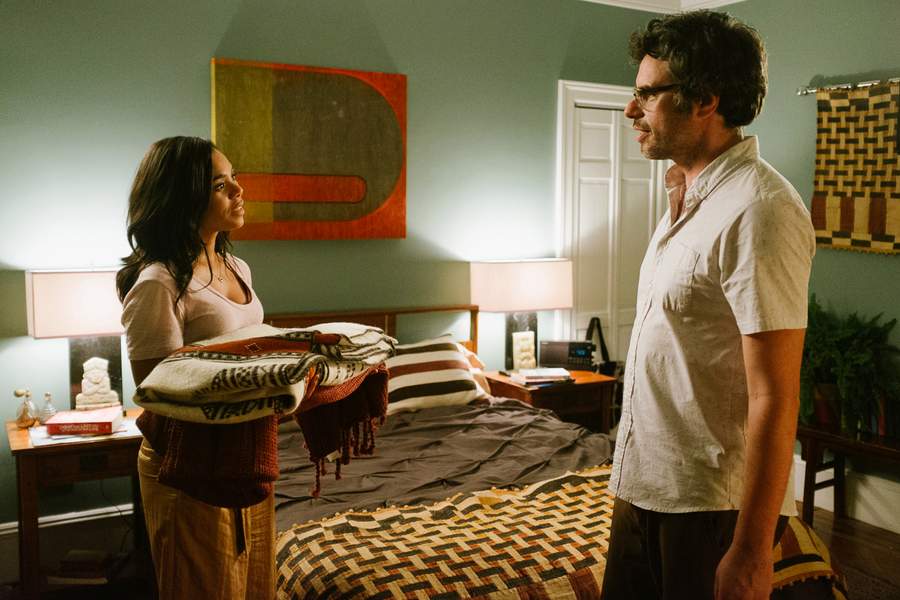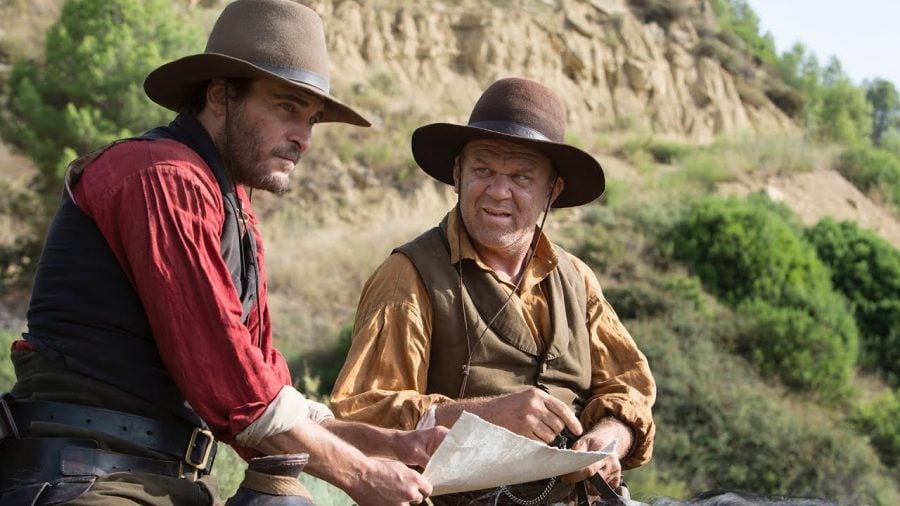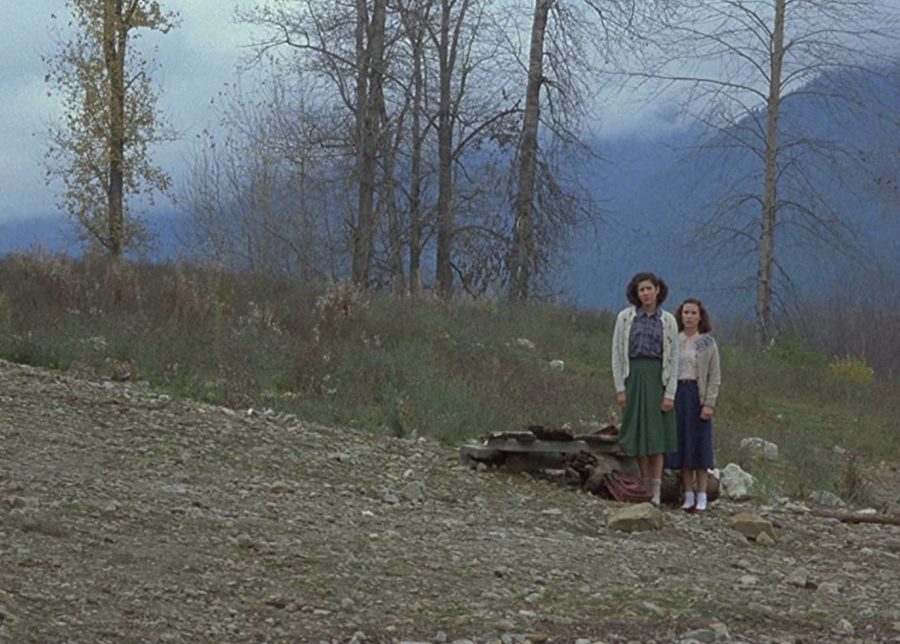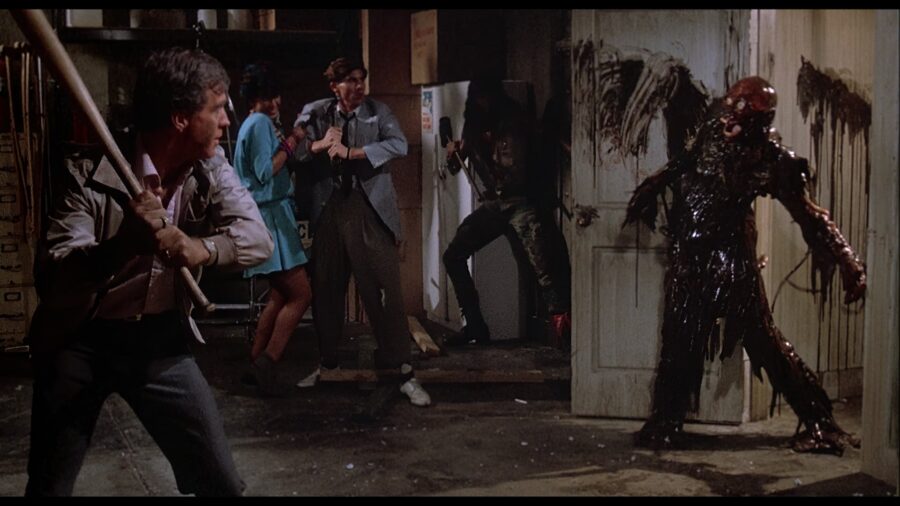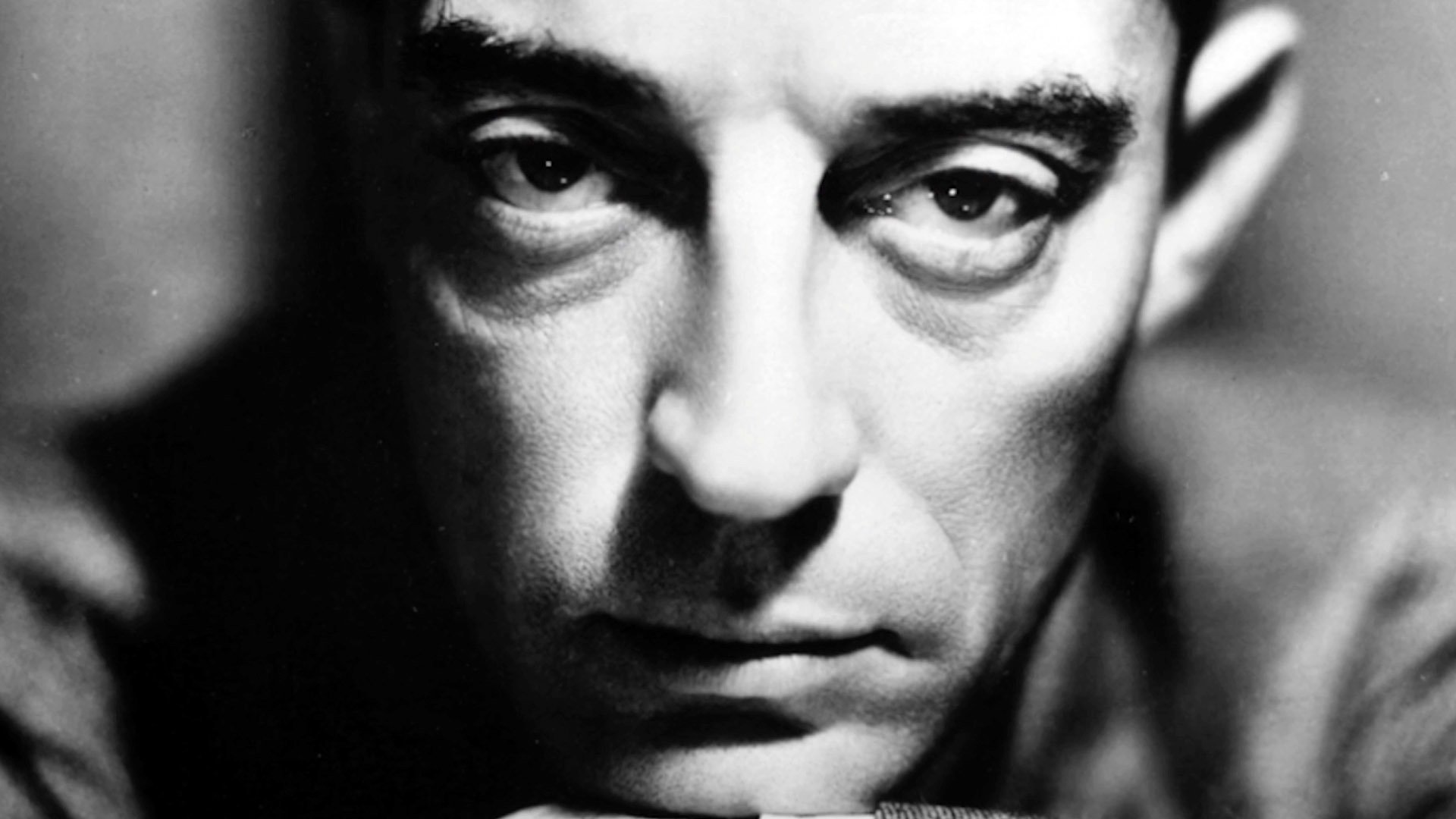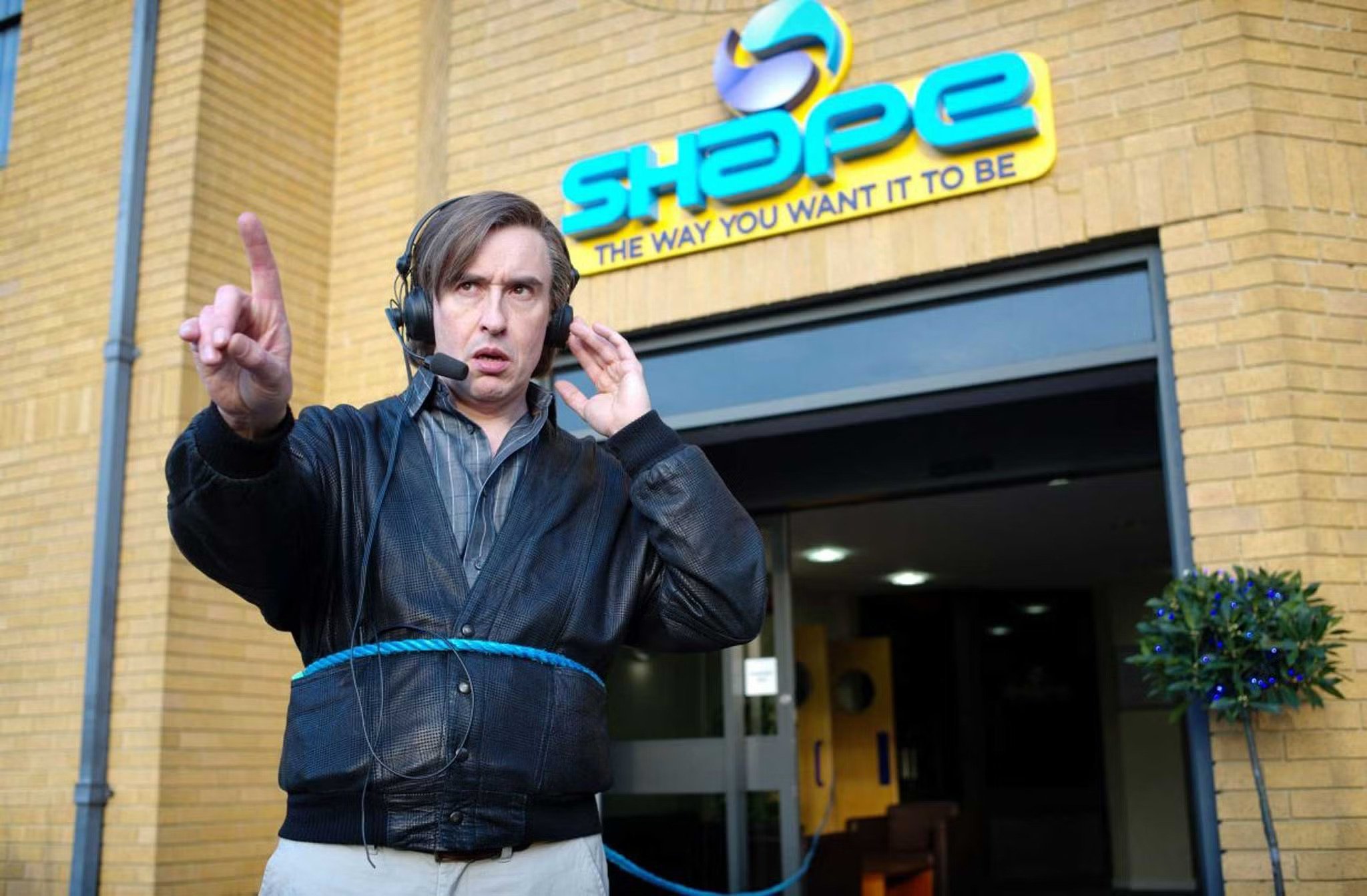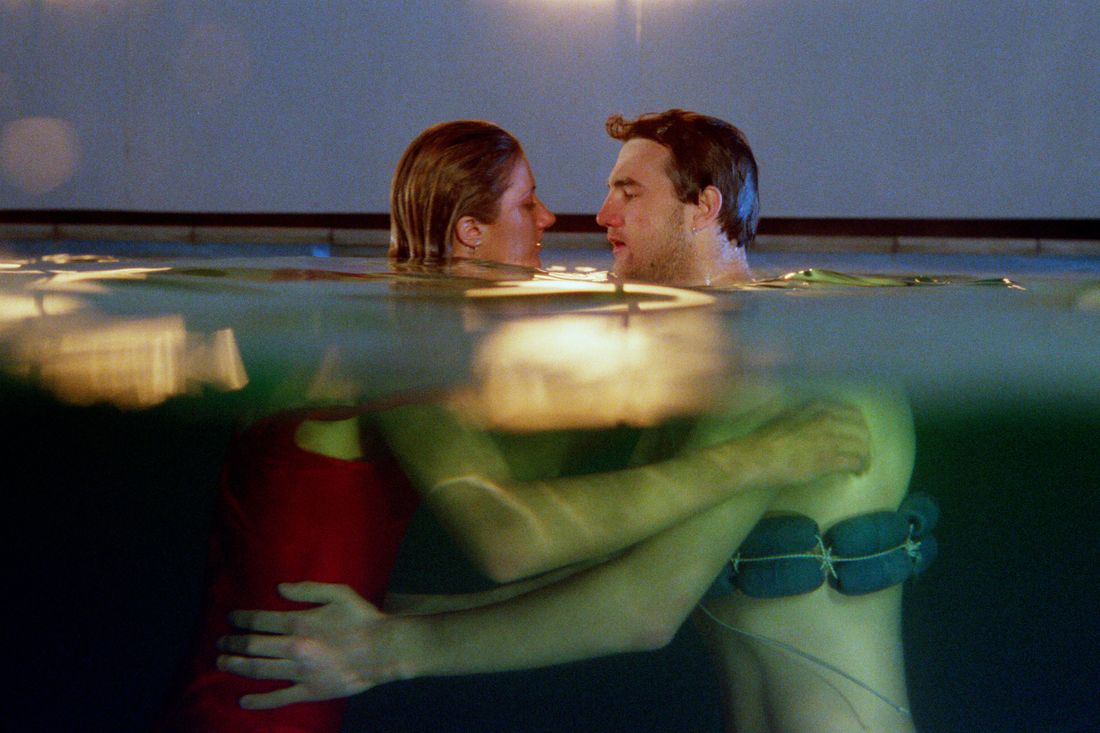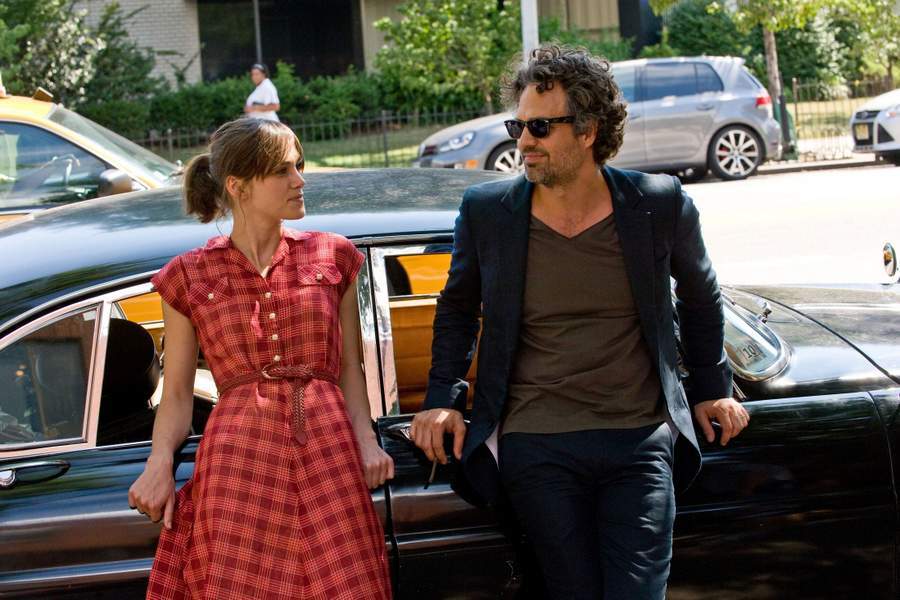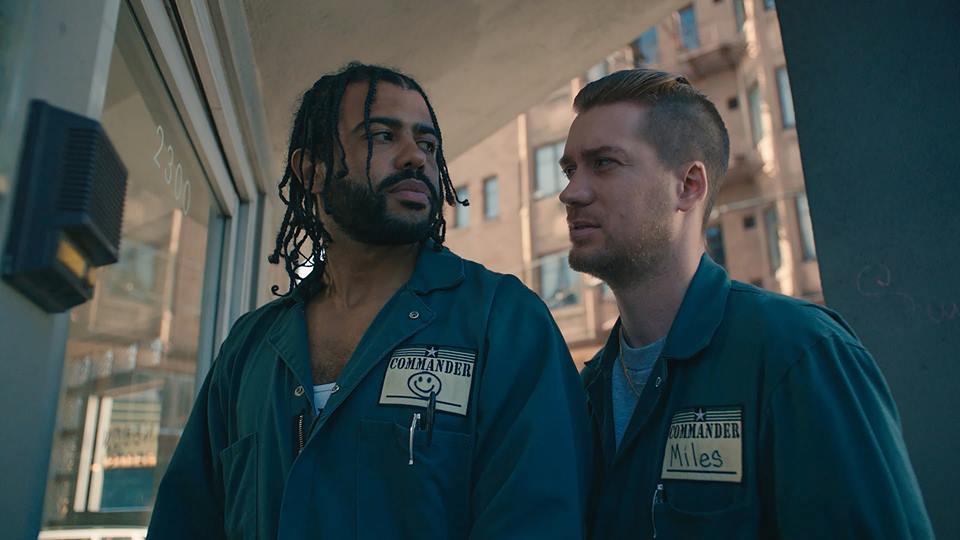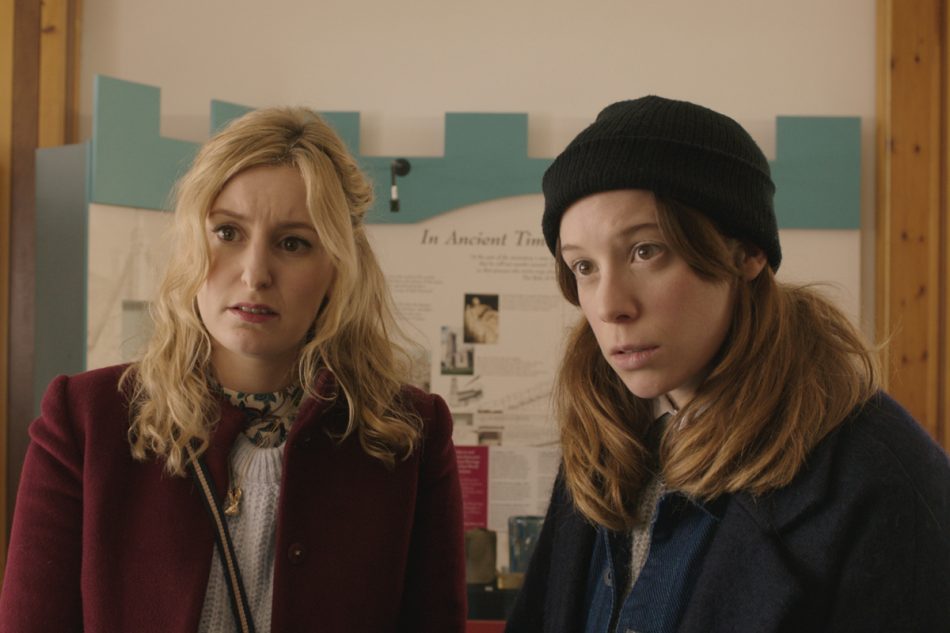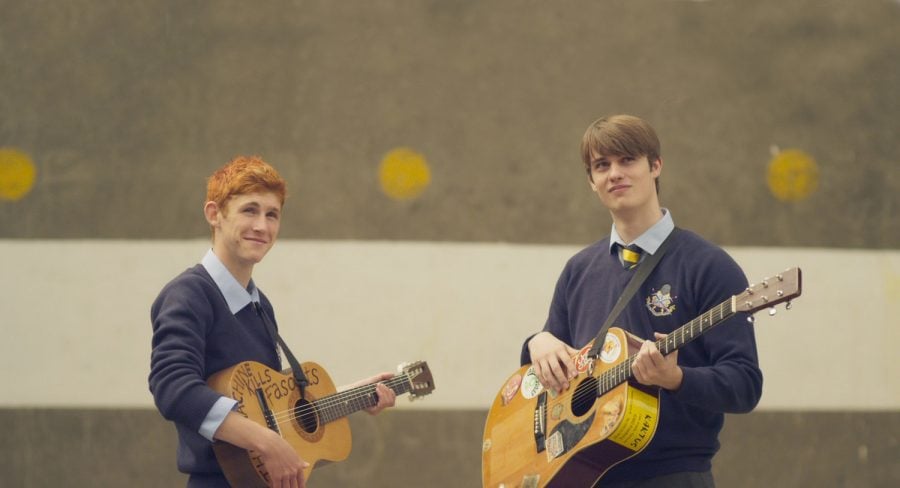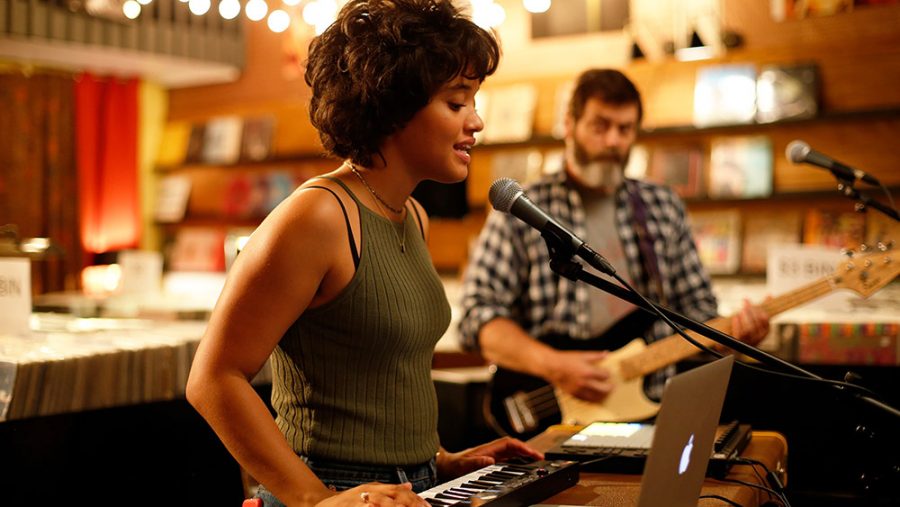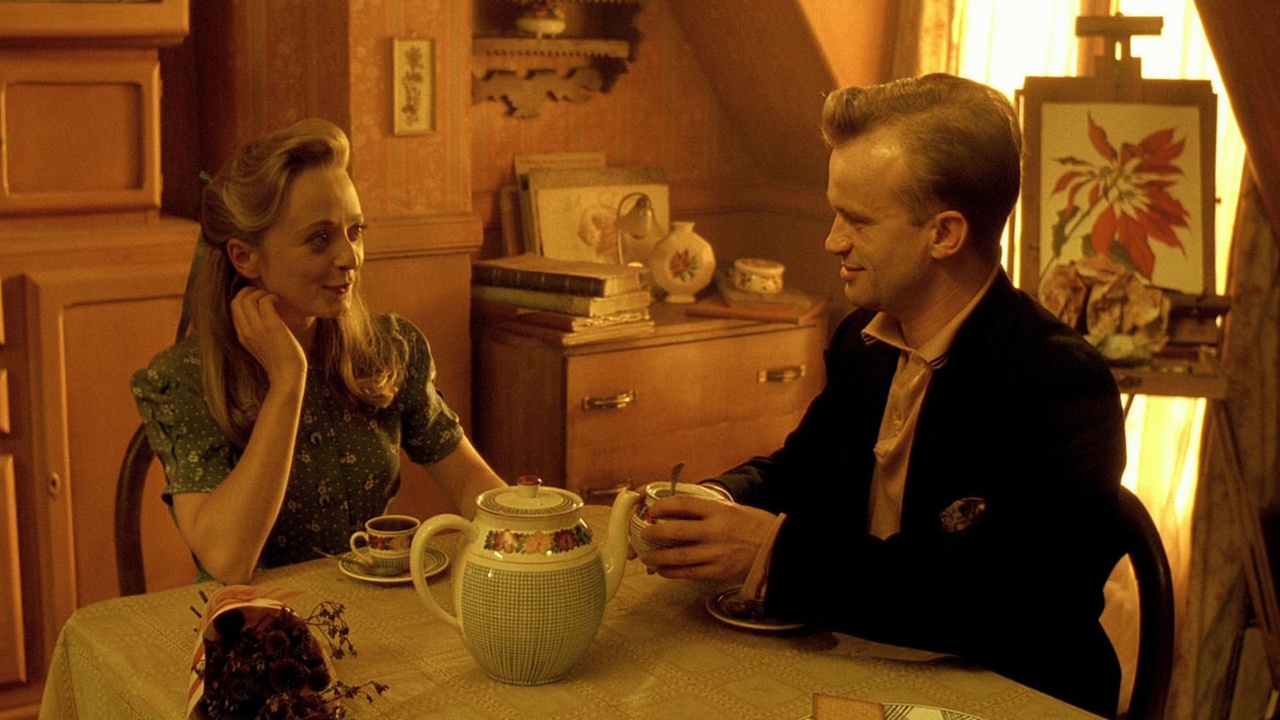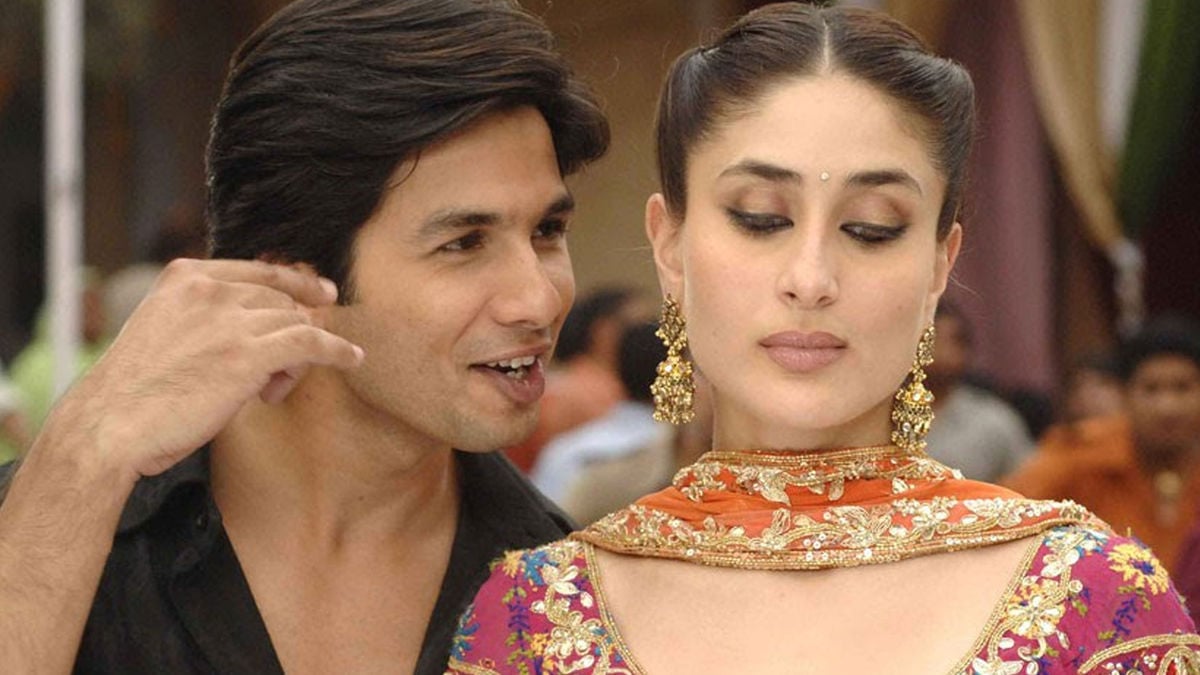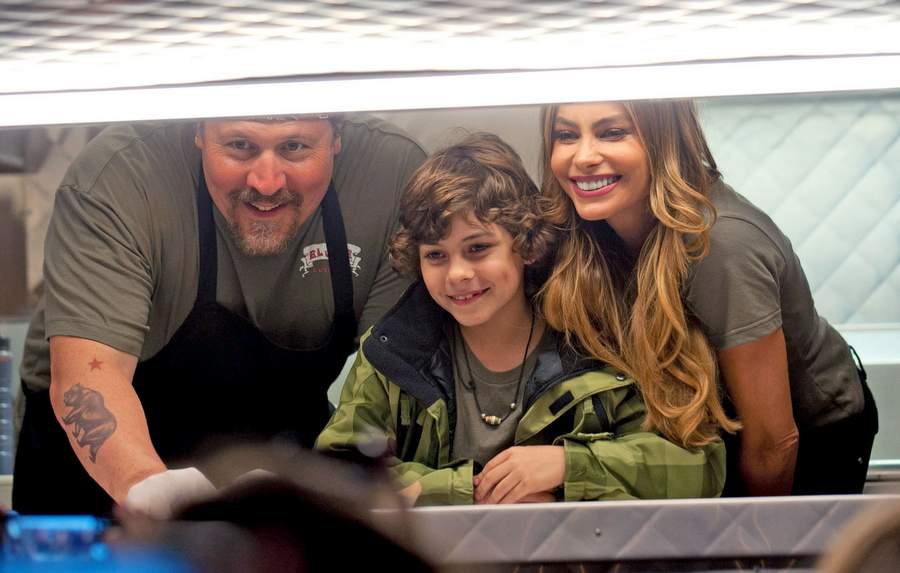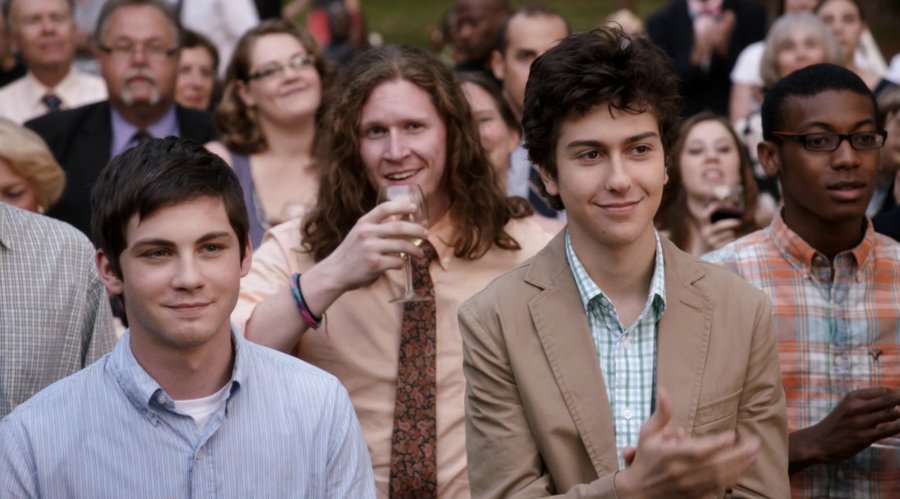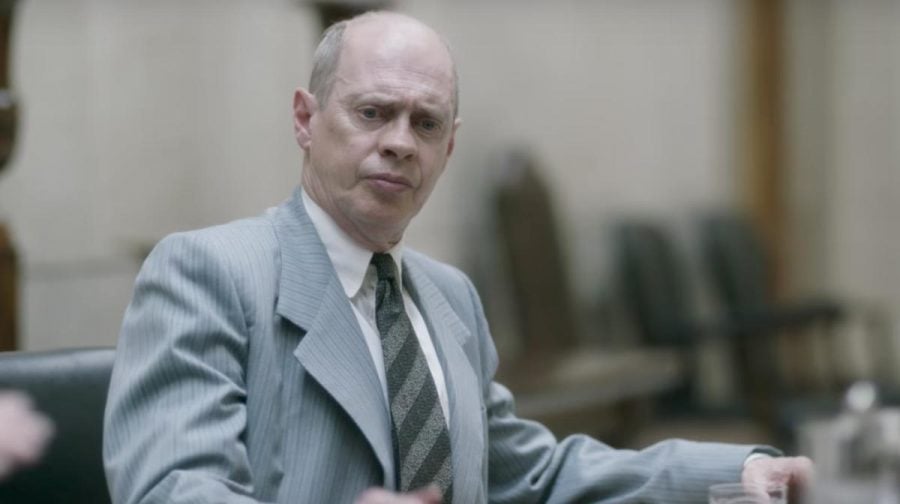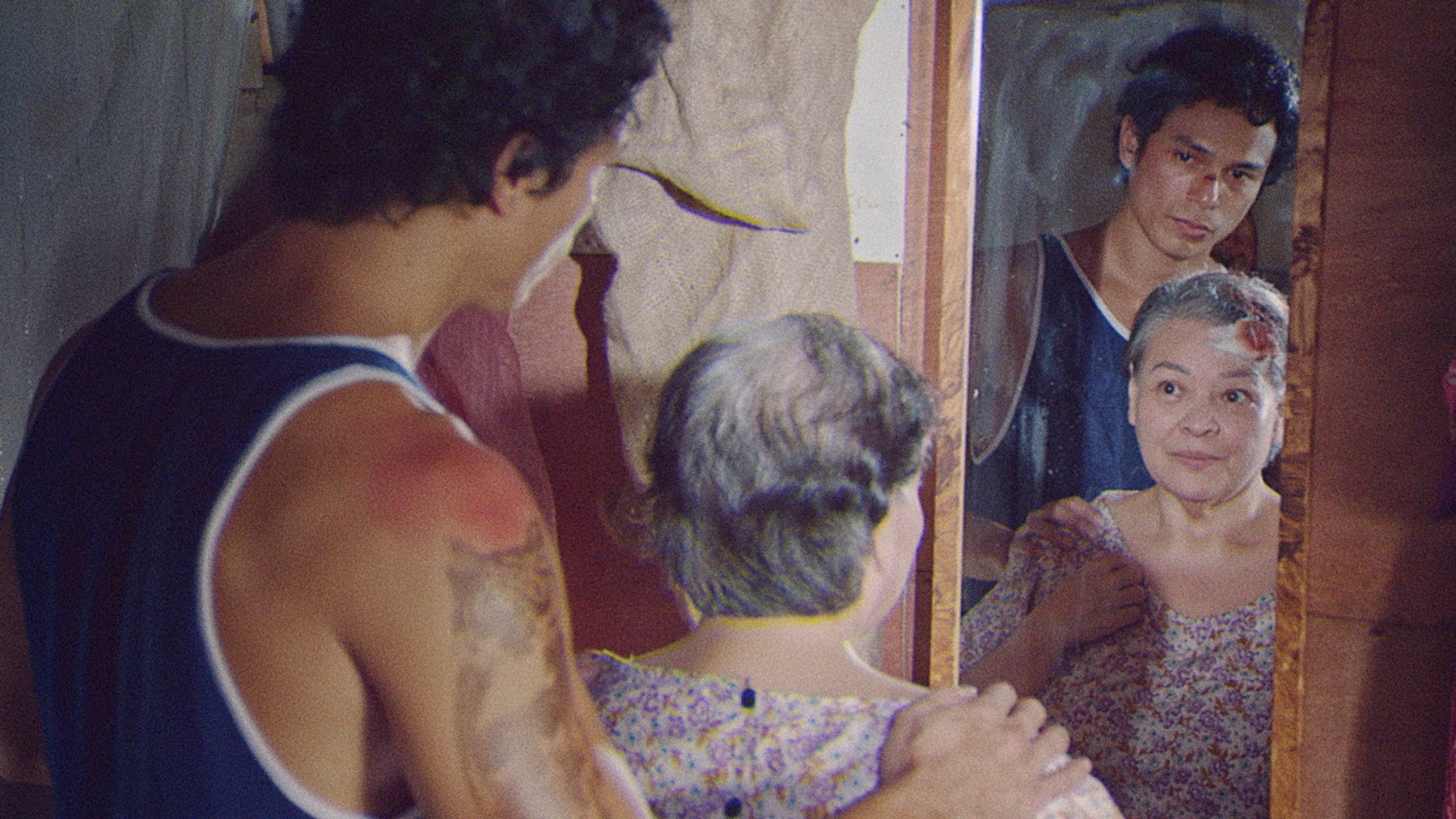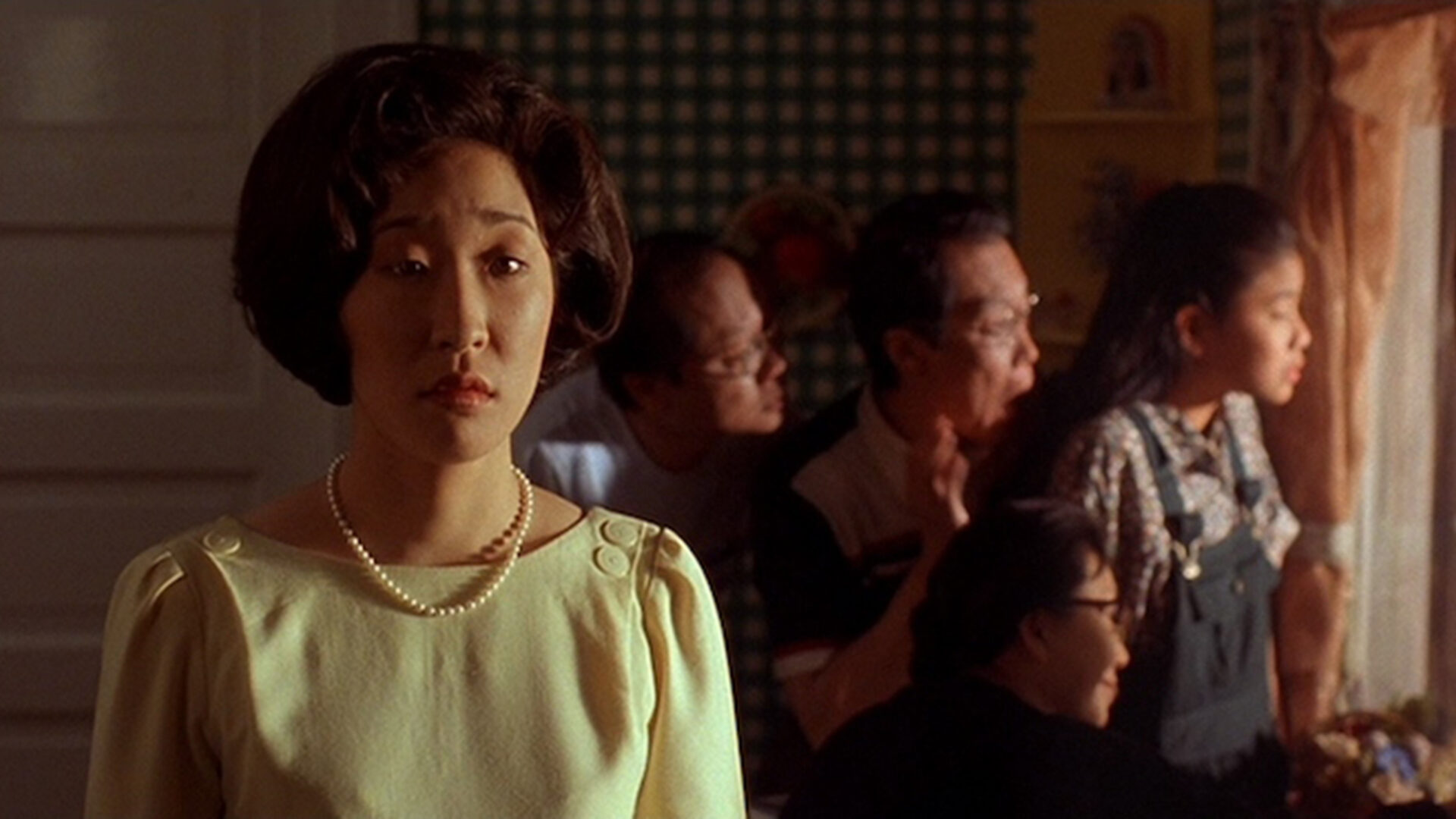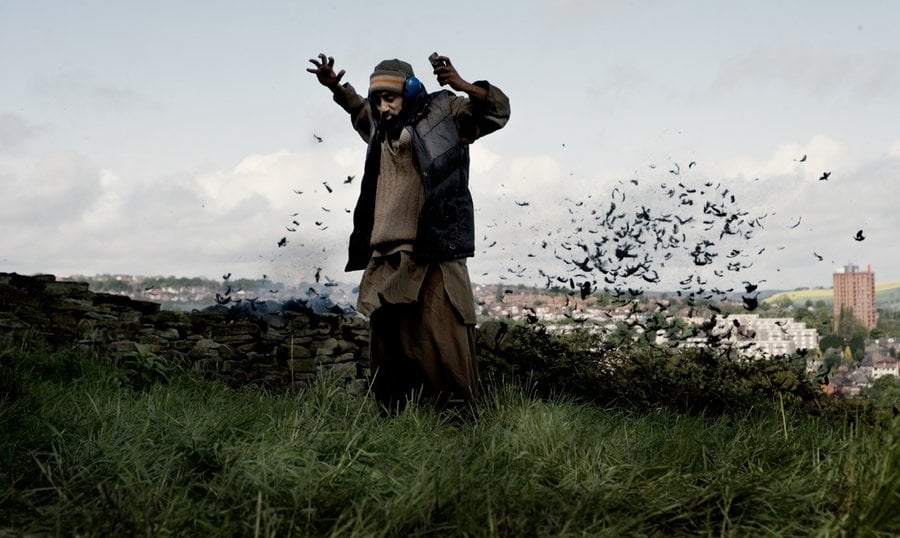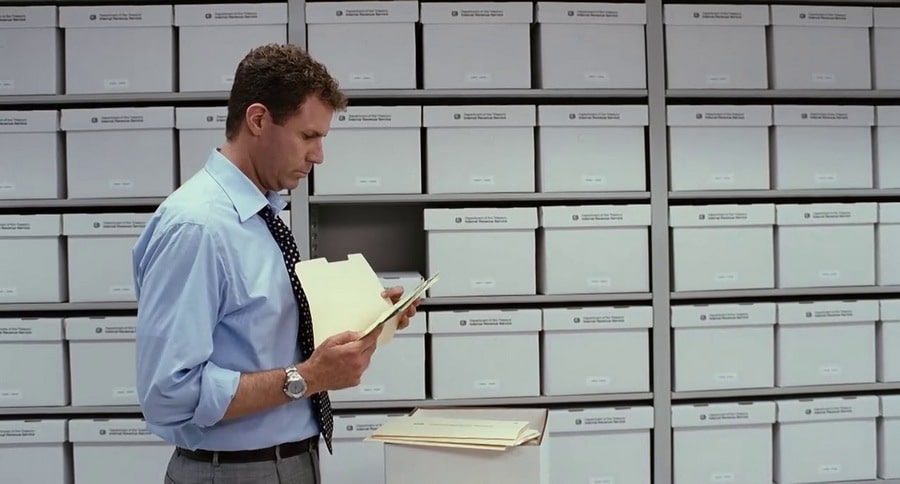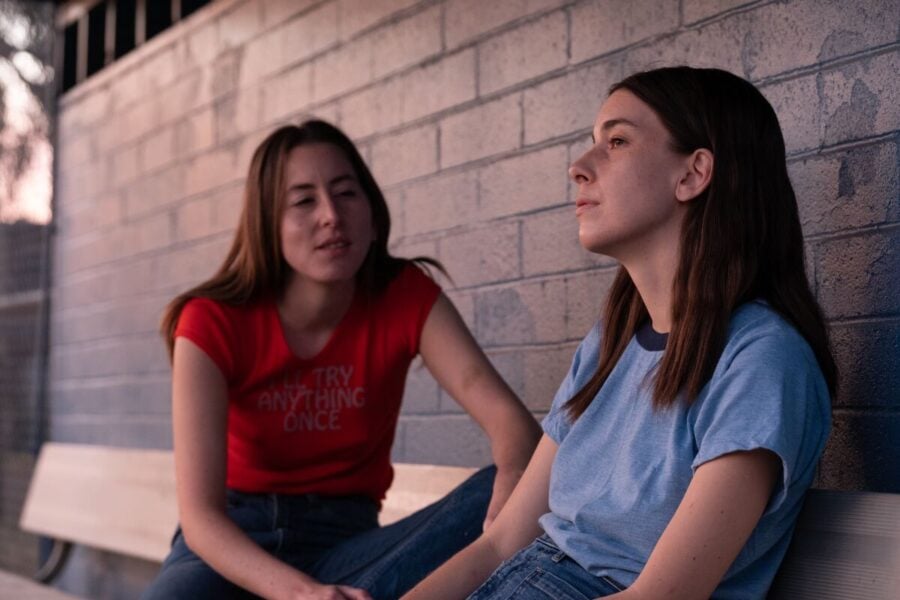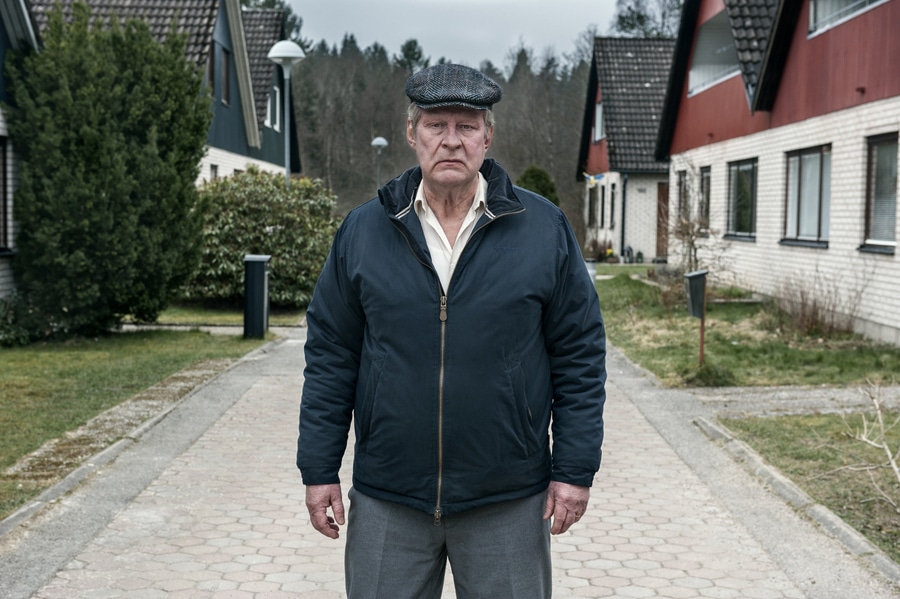30 Best Comedy Movies on Tubi Right Now
In the crazy times we live in, sometimes all we want to do is laugh. Whether to enjoy a funny joke, or to deal with real life absurdities, we want to watch comedy films. Of course, streaming sites are teeming with different kinds, like lighthearted romcoms, witty comedies of manners, incisive satire, and even darker fare, but you don’t have to spend on a subscription in order to find something to laugh at, with free ad-supported streaming. Tubi has the largest selection of films available for free, so we’ve listed some of the best comedies available on the streamer.
«When comedians get a bit older they do a movie with “emotions” in it. Here’s mine.» Flight of the Conchords’ Jemaine Clement on Twitter. People Places Things is exactly that, a funny yet heartfelt comedy. Will Henry, A New York City graphic novelist walks in on his girlfriend cheating on him at their kids’ birthday party. A year later, Will is struggling to define his new life as a single parent while still getting over his breakup. Smart, honest, and led by Jemaine Clement, this film will strike you in its simplicity but will hold you with its charm.
This is a star-packed movie about two brother assassins played by John C. Reilly and Joaquin Phoenix, and starring Jake Gyllenhaal. You might have read the book of the same name, and it is always hard to make a great film out of a great book but the brilliant director of A Prophet Jacques Audiard has done it (again). He is aided by a superb darkly comic script and fantastic acting from the entire cast. Audiard is French, but his take on the American Western is filled with epic violence but also witty dialogue, brotherly love, and male camaraderie.
Bill Forsyth, an acclaimed Scottish director best known for his films Local Hero and Gregory’s Girl, directs an underrated masterpiece with the 1987 drama Housekeeping. Adapted from Marilynne Robinson’s outstanding novel, Housekeeping is the story of two sisters, Ruthie and Lucille, who are orphaned and raised by their peculiar Aunt Sylvie.
As the young sisters grow apart, Ruthie gravitates toward her transient aunt. This is a movie about not quite fitting in—about feeling like your life exists just outside of modern time, somewhere off to the side of railroad tracks running over frozen water. Sylvie shows Ruthie that there is more to life than their small, cold town of Fingerbone. In fact, there is a whole world out there, calling to misfits like them.
Housekeeping is deftly directed, balancing both humor and tragedy. Christine Lahti’s performance is also, with no exaggeration, one of the greatest of all times, as she conveys so much of Sylvie’s yearning to go, go, go with as little as a glance toward the beckoning horizon.
Perfect for Halloween marathons with friends, The Return of the Living Dead treads the now well-worn template of zombie apocalypse movies with outstanding practical effects and a refreshingly unserious attitude. What the film might lack in terms of character writing or deeper themes, it more than makes up for with a relentless forward momentum. There isn’t any grand mission to be accomplished when these morticians collide with a group of young punks, other than understanding what drives the undead creatures outside in order to survive the night. As a result, this is a movie that lives firmly in the moment, with thrills aplenty and its greatest moments found in the freaked-out reactions of its ensemble cast. The late James Karen, with his hilariously exaggerated hollering and whimpering, only nearly steals the show from the film’s wonderful animatronics and disgusting prosthetic makeup. It’s a great zombie movie for the reluctant horror newbie.
In his last film, American Serb film historian Peter Bogdanovich celebrates silver screen legend Buster Keaton. The subject alone is compelling to watch. It would be easy to pull clips from Keaton’s works, dig through the headlines, pull in some celebrity interviews, and call it a day. However, in Bogdanovich’s hands, this documentary handles Keaton with respect. Instead of focusing on the scandals, Bogdanovich focuses on Keaton’s brilliant work. Instead of reciting facts, Bogdanovich highlights how his bits influenced film today. Excellent editing – cuts, structure, and scoring – helps us glide through Keaton’s work. The film truly understands Keaton’s life and exactly why he’s brilliant. Comprehensive yet very focused, this documentary honestly feels better than film school.
TV’s Alan Partridge — Steve Coogan’s brilliant skewering of small-time celebrity vanity — gets the big-screen treatment in this suitably parochial action thriller. The premise feels like the kind of ridiculous scenario the radio DJ would fantasize about in between songs: Pat (Colm Meaney), an ex-employee of North Norfolk Digital, returns to the station armed and takes his former colleagues hostage, refusing to negotiate with anyone but Alan. Those familiar with Coogan’s painfully self-absorbed character will foresee that going straight to his already delusions-of-grandeur-filled head, and it does; as one character puts it, he’s like a puffed-up robin.
Much of the hilarity comes from the way Alan’s obvious glee at the heroic position he’s found himself in distracts him from actually saving the day, but there is equally sharply drawn satire in the supporting characters, too. Favorites from the TV series, like Alan’s put-upon assistant Lynn (Felicity Montagu) — herself a brilliant feat of perceptive comedy — make welcome returns here, but, like Alan, their eccentricities are made accessible enough that Partridge virgins won’t feel their ignorance. With all the original writers back onboard (including Armando Iannucci, the comedy genius behind The Death of Stalin and Veep), Alpha Papa is another reliably hilarious entry in the Partridge canon. Back of the net.
Murdering your spouse is bad, so it’s slightly bizarre how Drowning by Numbers has an unbothered, even amused, attitude towards its murders. Moments seem randomly placed, like the first scene of a girl jumping rope while listing the stars by name, and the film can be hard to follow, even if the production design and cinematography keep you drawn in. But as the film progresses, and Madgett’s son Smut enumerates the fictional games as if he was a historian of sorts, writer-director Peter Greenaway meticulously crafts a quirky, twisty crime comedy, where, like children’s games and the men in their lives, the murdering wives do what they do because they can get away with it. Drowning by Numbers cleverly plays with the way we treat folklore, structure, and rules, even down to the very medium Greenaway works with.
John Carney, who directed the critically and commercially successful Once, may be the world’s best captor of charm. Begin Again tells the story of a broken-hearted singer who gets discovered by a failed showbiz executive. Their ideas and love for music are all they have to face their failures and bring their creativity to life. The original songs are charming and from Keira Knightley and Mark Ruffalo to Yasiin Bey (Mos Def), Adam Levine, and Cee-Lo Green, the cast generate sparkling chemistry and portray the story beautifully. Begin again is a sweet and effortless watch, yet far from being your classic rom-com.
It’s hard to pin point exactly what makes this movie so good. It’s an all-around “movie” movie. I think it can be called a buddy comedy because it is about two best friends who are also movers. It’s about their day-to-day, their families and their relationships. They’re both from the underclass of Oakland, and one of them is black, the other is white. And that’s where it stops being a comedy and becomes a more hard-hitting film. It illustrates gentrification better than any other movie I’ve ever seen. It has relevant and striking commentary on the main characters’ race, upbringing, and identity. But at the end of the day, it has a great plot, and for the most part it’s an easy-flowing movie. It’s half entertainment, half social commentary, and both parts are equally well-done. It’s like movie unicorn, and it’s perfection. One of the two friends is played by Daveed Diggs, who you might know from Hamilton.
A razor-sharp script and beautiful scenery make this one of the best road movies in recent memory.
When their cynical best friend dies, Seph and Alex embark on a journey to scatter his ashes over four spots he wants to go back to. Tupperware of ashes in the glove-box, they start their big adventure.
Burn Burn Burn, an expression their friend quotes from Kerouac, is a chance for the two friends to escape their hectic city life and to discover themselves. It’s a beautiful movie.
I can’t get a song out of my head from this movie: the 1985 UK hit Desire As from Prefab Sprout.
It plays when the two main characters, a sensitive kid who’s bullied by his school for not liking rugby, and the school’s rugby star; talk over the “Berlin Wall” that separates their dorm room.
The song echoes “It’s perfect as it stands, so why then crush it in your perfect hands?”. These two seemingly incompatible personalities form a friendship that comes under threat from their school’s traditional authority, especially as one of them is revealed to be gay.
It might seem like a tough premise, but Handsome Devil is actually a comedy. It’s a sweet and easy coming-of-age comedy.
A sweet feel-good movie starring Nick Offerman as a dad who has to deal with his only daughter leaving for college and his record store struggling. The daughter is played by Kiersey Clemons who you might recognize from the show Easy. And Ted Danson has a great role too. This is a relatable and heartwarming movie, one of the best the so-called “indie” genre has known in a long time.
From the brilliant minds of Jean-Pierre Jeunet and Marc Jano comes a utopian vision for the ages. After having worked together before on the short sci-fi film The Bunker of the Last Gunshots, the duo-turned-longtime-collaborators pick it up a notch in one of the best dark comedies to come out in the 90s.
In Delicatessen, Jeunet and Jano disguise the wretchedness of modern society in a post-apocalyptic world where food is the global currency, given how scarce it’s become. We follow Louison (Dominique Pinon), an everyday man who falls in love despite all the hubbub and squalor surrounding him. But nothing comes in the way of love, and instead of discovering a salve, he encounters a snag, one that pulls him deeper into society’s most complex ethical dilemmas.
Many films have already been made about inequality and hierarchies, but none have been quite as darkly funny and unapologetic as Delicatessen.
The manic pixie dream girl unexpectedly entering a young man’s life is the subject of plenty of romance films, to the point that this plot has become somewhat overdone, stereotypical, and overly unrealistic. However, there are moments in cinema when this archetype is portrayed well– Jab We Met is one of them. It’s joyful without being unrealistic, it’s realistic without being too jaded, and as two lost souls share the same train, writer-director Imtiaz Ali creates a feeling of freedom every time then-lovers Shahid Kapoor and Kareena Kapoor save each other from the prisons of their different, day-to-day lives. And it all comes with the song numbers as fun as the film’s leading lady.
Murder is terrible, of course, but it proves to be surprisingly hilarious in Kind Hearts and Coronets. On top of all the ridiculous schemes Louis Mazzini cooks up, this ironic comedy of manners sets up its unfortunate deaths through Louis narrating his memoir in a detached tone, explaining away the deeds as if it was a natural consequence for the aristocratic snobs in his family. But the dry tone doesn’t quite conceal Louis’ wickedness. In fact, it highlights the horrible desires he’s dreaming of, poking at the fascination around British nobility without the usual melodrama these stories tend to have. It’s this brilliant twist that made Kind Hearts and Coronets so delightfully wicked.
The Goodbye Girl is a charming romantic comedy following single mom Paula and her 10-year-old daughter Lucy (Quinn Cummings) as they reluctantly share their apartment with Elliot, a friend of her ex subletting the place. The plot is formulaic: Paula and Elliot are at each other’s throats, constantly sniping at each other while simultaneously charming us with their verbal acumen and physical dynamism. Dreyfuss is particularly stunning—he’s unpredictable at every turn, giving a twirl here and doing an accent there. He nabbed the Best Actor award at the Oscars that year, and rightly so. Then slowly but surely, they fall in love. No surprise there, but the whip-smart script (penned by Neil Simon) and the lively performances are what save the film. Even Lucy gets to drop laugh-out-loud one-liners while still being believably her age. It’s an all-around likable film, as well as a masterclass in romcom charm and acting.
A popular chef loses his job and respect after a bad review. He ends up with a food truck and tries to show the world he still has his creative side, while at the same time trying to fix his broken family. Chef is a heartwarming feel-good movie, after you finish it you will want to cook, love your family, travel, and spread the love. One of my favorite movies, I see myself happily watching it again numerous times.
A beautifully intertwined love story showing the ups and downs of a father, his ex-wife, and their children experiencing love. The film weaves the three love stories of the different generations seamlessly and leaves you caring deeply about the characters. It has an amazing soundtrack added to fantastic acting that will make you feel as though you are living the same experiences as the quirky, screwed up family. It’s a movie for anyone in the mood for a romantic comedy with a little more substance than your average rom com.
This is a hilarious political comedy starring the ever-great Steve Buscemi. Set in the last days before Stalin’s death and the chaos that followed, it portrays the lack of trust and the random assassinations that characterized the Stalinist Soviet Union. Think of it as Veep meets Sacha Baron Cohen’s The Dictator. Although to be fair, its dark comedy props are very different from the comedy that comes out today: where there are jokes they’re really smart, but what’s actually funny is the atmosphere and absurd situations that end up developing.
A calm choir leader lives a secret life as eco-warrior in this visually stunning and intelligent story about our complex times. If you’re familiar with Icelandic movies, this one has just the right amount of that Icelandic quirkiness – making it a proper feel-good movie with a message. This is added to the superb acting and an off-beat musical score. Not to be missed.
Surreal, strange, yet wondrous, Penguin Highway never takes a straightforward approach to its story. Penguins pop up out of nowhere, leading the nerdy and precocious Aoyama to study them via empirical observation and logical deduction. These studies don’t end up with a feasible explanation– in fact, by the final act, the film abandons all laws of physics. But the journey to that act feels intuitively right. This journey feels like an indescribable formative experience. Aoyama may be obsessed with growing up and committing to the reasonable adult mindset, but he is still a child. From fending off bullies to forming connections with others, his childhood imagination served him better than science could. The film reveres this discovery as well as it should.
At times looking and sounding like a real Filipino action film from 50 years ago, while painstakingly edited to juggle storylines across several realities, Leonor Will Never Die is worth seeing for its originality and ambition alone. Among so many other films that function as sanitized “love letters to cinema,” this one bears the distinction of still feeling charmingly scrappy and improvised even with how meticulously it’s crafted. It doesn’t simply pine for a bygone era of movies, but it actively explores what purpose movies serve to us as individuals and as communities. Where it arrives with regard to healing and acceptance and bringing people together feels entirely earned, even if it might not always be easy to understand.
Director Thomas Vinterberg (The Hunt) reunites with Mads Mikkelsen to tell the story of four teachers going through a mid-life crisis. They’re not sad, exactly—they have homes and jobs and are good friends with each other—but they’re not happy either. Unlike the ebullient youth they teach, they seem to have lost their lust for life, and it’s silently eating away at them, rendering them glassy-eyed and mechanic in their everyday lives.
Enter an experiment: what if, as one scholar suggests, humans were meant to fulfill a certain alcohol concentration in order to live as fully and present as possible? The teachers use themselves as the subjects and the tide slowly starts to turn to mixed effects. Are they actually getting better or worse?
With an always-satisfying performance by Mikkelsen and an instant classic of an ender, it’s no surprise Another Round took home the award for Best Foreign Film in the 2020 Academy Awards.
Sandra Oh earned her breakout in this warm, candid Canadian indie, which — not uncoincidentally — shares its name with that of a decorative Chinese symbol associated with marriage. The movie’s title is also a reference to 22-year-old Jade Li’s (Oh) struggle to pursue her own ambitions and meet the clashing romantic and professional expectations her disapproving first-generation immigrant parents have for her. As she puts it, “Double happiness is when you make yourself happy and everyone else happy, too.”
An aspiring actress who dreams of playing Blanche DuBois, Jade is instead asked by unimaginative casting directors to adopt a pronounced Chinese accent for tiny bit parts. In essence, she’s typecast everywhere: on set, and at home, where she struggles to play the good daughter who’ll give up acting for a more conventional job and will only marry a man her parents approve of. It’s a jarring existence, but Double Happiness never feels claustrophobic because it gives Jade the freedom to finally be herself via witty, confessional monologues and fantasy sequences. There’s undoubtedly bittersweetness to this portrait of a young woman fighting to be herself on every front, but that it’s nevertheless such an irresistibly charming, never-flippant watch is a testament to first-time director Mina Shum and Oh’s already mature talents.
Four Lions is as black and as dark as a movie can ever get, mixing cultural relevancy with humor and ridiculousness. It is insensitive to Islam, insensitive to terrorism and insensitive to the viewer. But it is hilarious. The director spent three years talking to Imams, terrorism experts and basically everyone. The result? A legit 97 minutes that will dazzle even extremists with its knowledge of Islam and the accuracy of its lines. Needless to say that it will upset quite a few people, but that is always a good sign for black comedy movies, right?
In Letterboxd, Cleaners was once the highest rated film of 2021, and was once in the list of the top 250 narrative features overall before the rating system changed in 2023. To viewers outside the Philippines, this might have been mind-boggling, especially since the film wasn’t yet released internationally the year it premiered, but it shot up the ranks for a reason. The coming-of-age anthology just looks so different, being filmed live, then xeroxed and highlighted, frame by frame, just like print-outs for school. The unique approach evokes a sense of nostalgia in high contrast print and blurred movement, and it’s matched with the classic Filipino coming-of-age moments that has rarely been seen before.
Will Ferrell plays a well organized IRS agent named Harold Crick who seems to have figured out everything in his life to the dot. Little does he know his life is being run by someone else, a nervous and morbid novelist, famous for ending her works with the death of the main character. As the nature of his life and eventual doom, he decides to lay back and enjoy the ride, breaking all his ingrained and boring habits. While this film is recommended for everyone, Will Ferrel fans, especially, need to watch this to see Will’s acting variety.
Here’s a biopic that focuses on capturing the feel of the era it depicts, rather than all the facts — and is all the better for it. 24 Hour Party People takes the same punk approach to storytelling as its subjects did to music, playfully throwing off the dull constraints that often make based-on-a-true-story movies feel like uninspired celluloid translations of a Wikipedia page.
In the film’s opening scene, Steve Coogan’s Tony Wilson breaks the fourth wall to address us directly and semi-spoil the movie’s ending. But it doesn’t matter, because the ride is so fun: we’re taken on an immersive trip through the heyday of the Manchester music scene: the births of Joy Division, New Order, the Happy Mondays, and Wilson’s Factory Records label and legendary Hacienda nightclub, an incubator for acid house and rave culture. The era’s hedonism is brought to life by the movie’s frenetic editing, documentary-style cinematography, and strobe-heavy visuals. For all its onscreen anarchy, though, the movie remarkably never feels loose or self-indulgent. Its irreverence is grounded by the ironic filter of the meta filmmaking, which frequently breaks the fourth wall to draw attention to its own conceits. A refreshing rejection of biopic tropes, but also a thrilling transportation into and evocation of the Madchester era.
Poignant, delightful, and simply gorgeous, Licorice Pizza just might be Paul Thomas Anderson’s best work to date. The period dramedy follows two young people, one in her 20s and one in his teens, as they strike an unlikely but lovely friendship and try to find their place in the world. They may be 10 years apart, but they’re stuck in the same swirl of rejection and confusion that trap a lot of ambitious people like them. The premise is far from original, but Alana Haim and Cooper Hoffman turn in captivating performances (made even more impressive by the fact that this is both their film debut). There is an ease and naturalism to both their chemistry and onscreen performances that’s hard not to love.
The thick and wistful patina of the ‘70s, the comedic asides, and the colorful supporting cast all also help paint an overall charming picture that shouldn’t be missed.
Based on Fredrick Backman’s 2012 best-selling book of the same name, this Swedish hit comedy-drama introduces us to Ove, an elderly man who feels like his life is over. After losing his wife, the short-fused retiree spends his days grumpily enforcing block association rules in his neighborhood. He is your typical unhappy, old neighbor, somebody you would try to avoid. One new family does not give up and befriends Ove, played by an impeccable Rolf Lassgård, despite his best intentions to put them off. As the plot unfolds, however, you learn more about the story behind the man, and, in classic walk-a-mile-in-his-shoes fashion, start to find him rather loveable. After all, nobody is born grumpy and cynical. Naturally, this is a sweet and sentimental film. But an amazing lead performance and a charming, darkly funny script rescue it from drifting too far off the shore. The result is a wholesome, fun, and thoughtful dramedy with a beautiful message.

